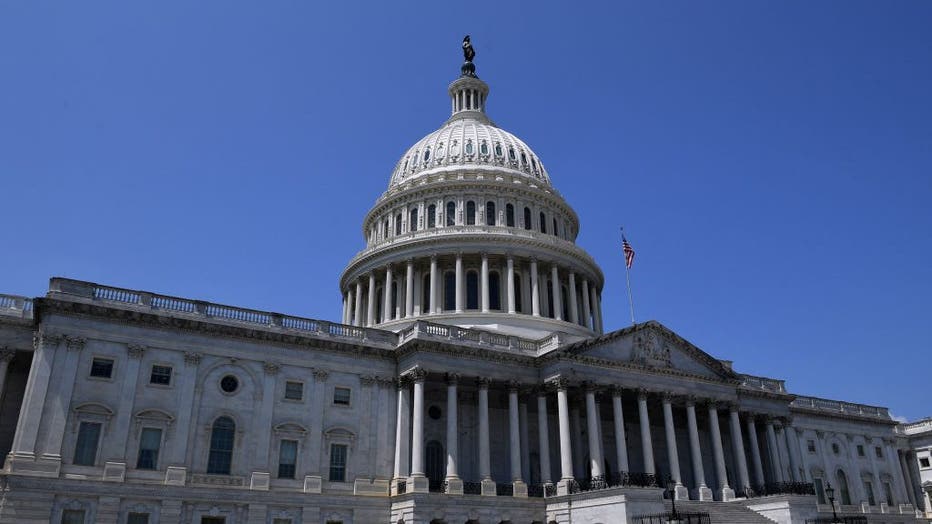Government shutdown could be a huge hit on the economy
Government shutdown could be a huge hit on the economy
As the federal government shutdown looms ever closer, a lot of folks are asking: "How is this going to affect me?" A lot depends on how long a shutdown lasts.
WASHINGTON - As the federal shutdown looms ever closer, many are asking: "How is this going to affect me?" A lot depends on how long a shutdown lasts.
There is no agreement at this time and it seems the parties get father apart. "Every path they have pursued to date will ultimately lead to a shutdown," said Senate Majority Leader Charles Schumer. "We will solve the problems before us as every day will be better than the day before. Some days you stumble. Some days you get better," said Speaker of the House Kevin McCarthy.
In one way or another almost all the 438 Federal agencies and sub-agencies will be affected. In turn, that impacts the majority of the federal government's 4 million civilian employees and military members.
If Congress stumbles, starting at your front door, the mail will be delivered because the U.S. Postal Service is not funded by taxes. Social Security checks will continue as will Medicare and Medicaid. In the death and taxes realm, Though I.R.S. offices will likely be shuttered, national cemeteries functions will continue.

The US Capitol. (Photo by OLIVIER DOULIERY/AFP via Getty Images)
National parks will likely be open, but restrooms and other facilities may not. Employees will not be paid. Passport and visa processing will continue, but many local offices may be closed.
Almost all TSA employees and FAA air traffic controllers, though unpaid, will be on duty. But, the many expected sick calls will slow security lines. So, get to the airport early.
On the military side, veterans will continue to receive pension and access to medical facilities. Though still on duty, the nation's 1.3 million active duty personnel will not be paid.
Then there are the tens of thousands of federal contractors that supply $600 billion in products and services to Uncle Sam each year and many will have to furlough their workers who, unlike federal employees, receive no back-pay. Nonetheless, contractors that furlough employees must still obey Federal and state wage and hour laws as well as unemployment compensation laws. "Now we're in a process fight among our now, I think a process fight doesn't really help us, said Congressman Byron Donalds, (R) Florida.
To say the least, federal government represents an enormous part of the American economy and represents a quarter, 25%, of the entire U.S. GDP.

